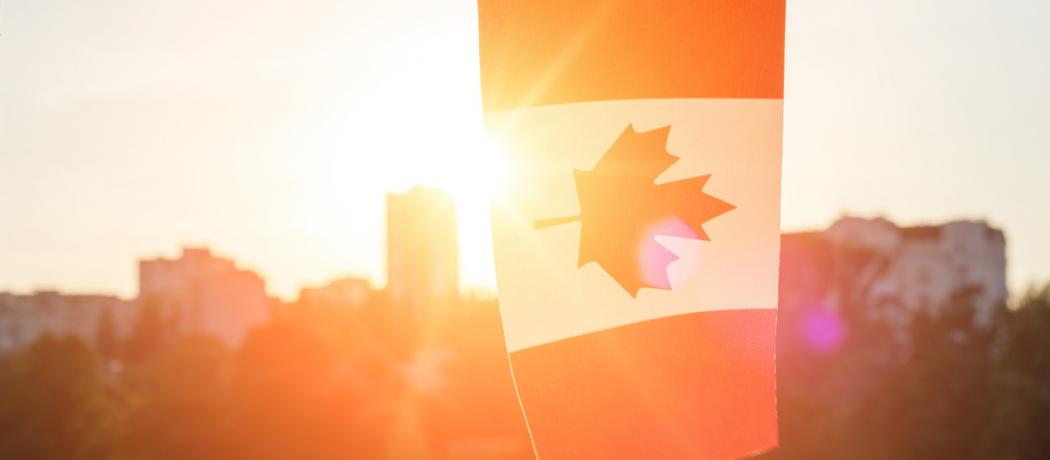I knew about Canada in a geographical sense while going to school in my native Hungary, but we were never taught about this country’s history. In my early youth it never entered my mind to live here. Then, just after the end of World War II in 1945 we started receiving small packages from distant relatives living in Vancouver, BC—people I’d never know before. Toothpaste, soaps, candy, and stockings were hard-to-get items in the immediate postwar era.
One day a package arrived with an invitation for my cousin and I to leave the then very turbulent Hungary and come to Canada. It was a turbulent time for me too; I did not want to leave my parents and perhaps never see them again. The decision was made, and within weeks my cousin and I—two 18-year-old boys—were on our way to London to wait for immigration arrangements for our move to Canada. A month later we embarked on an old converted troopship for New York, then by train to Toronto and Vancouver. The 3 days and 4 nights on the train gave us our first lesson about the country’s vastness and its extreme landscape, variety, and beauty.
We arrived in Vancouver in September 1947. Within a few days we were in the registrar’s office at UBC. There were only a handful of foreign students enrolled at UBC in those days, and Professor Walter Gage took us in hand. Our English language skills were only moderately good so Professor Gage arranged for us to take courses that were somewhat familiar to what we may have been exposed to in high school.
My dream was to become a doctor. It was a bit of a setback for me to discover that UBC did not have a medical school yet, so the following year my very kind guardians made arrangements for me to enroll in McGill University for premed studies, and, I hoped, medical school. In 1948 there were so many science students registered at McGill that male students were relocated to a former air force base at Saint-Jean-sur-Richelieu, near Montreal. We were assigned to barrack dormitories. There was a large cafeteria, and former air force buildings were converted to lecture rooms. I was billeted with eight students from Jamaica, all of us taking the same courses. We had our beds and study tables, and curtains drawn around for privacy. We became very good friends. In the following 2 years we shared an apartment in Montreal, owned by a Jamaican lady. I came back to Vancouver over the summers. My Jamaican friends often visited with me, as they worked as porters on the CPR sleeping cars.
In the meantime, UBC opened its medical school and I was admitted to the second graduating class, but with a proviso. After my interview with the admissions committee I was asked to take an English grammar course and an English literature course. My language skills were quite good, but I had a Jamaican accent.
Looking back, now I wish the admissions people had asked me to take a Canadian history course. It was not until I left general practice in 1966 and became part of the academic faculty that Dr Court McKenzie, one of the professors of public health (and later head of the department) gave me some lessons in Canadian history. Then, many years later, when I started to write blogs for the BCMJ, I discovered some of British Columbia’s fascinating history. I am sorry it took me this long to begin to understand the history of this land—and of the people who have lived here for many thousands of years. I have come to admire the doctors who left their home in Scotland in the 1800s and came here by ship—close to 8 months of ocean travel—to take up their combined Hudson’s Bay Fur Company administrative and medical roles. Several doctors also became leading political figures in Victoria, instrumental not only in establishing British Columbia as a province, but in the creation of Canada in 1868.
This year I am celebrating my 90th birthday, my 72nd year in Canada, my 68th year as a Canadian citizen, and my 21st year as a member of the Order of Canada. Happy birthday Canada! I love you, and thank you!
—George Szasz, CM, MD
This post has not been peer reviewed by the BCMJ Editorial Board.


